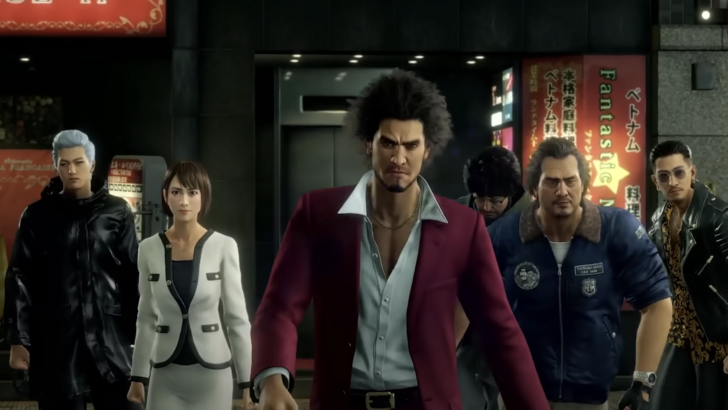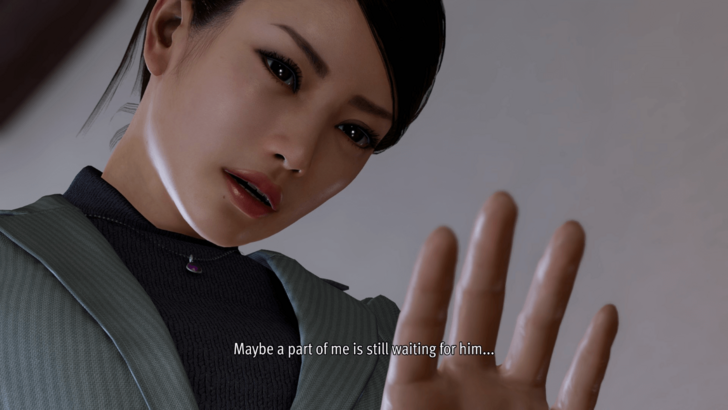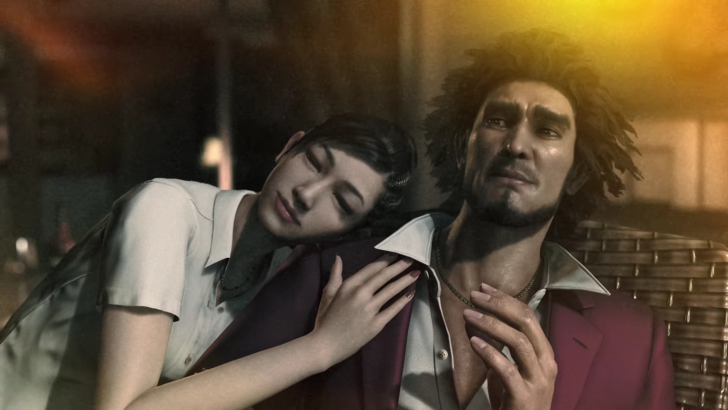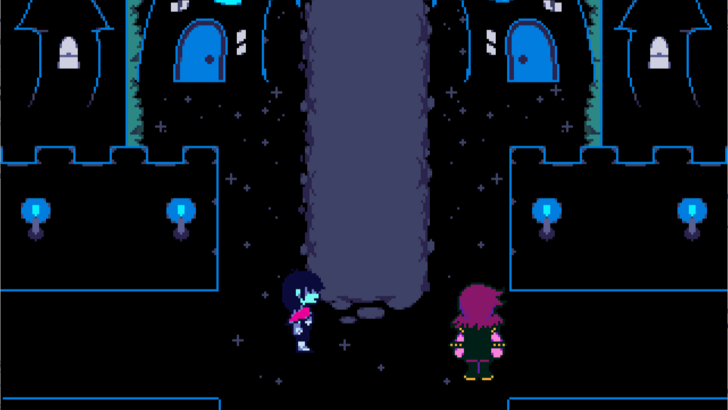 The Yakuza/Like a Dragon series, while expanding its appeal to younger and female players, remains committed to its core identity: middle-aged men experiencing middle-aged life.
The Yakuza/Like a Dragon series, while expanding its appeal to younger and female players, remains committed to its core identity: middle-aged men experiencing middle-aged life.
Like a Dragon Studio Prioritizes Authenticity Over Broad Appeal
Staying True to the "Middle-Aged Dude" Experience
 The enduring popularity of the Yakuza (now Like a Dragon) franchise, spearheaded by the charismatic Ichiban Kasuga, has attracted a diverse fanbase. However, the developers have confirmed their intention to preserve the series' unique character.
The enduring popularity of the Yakuza (now Like a Dragon) franchise, spearheaded by the charismatic Ichiban Kasuga, has attracted a diverse fanbase. However, the developers have confirmed their intention to preserve the series' unique character.
Director Ryosuke Horii, in an interview with AUTOMATON, stated, "We've seen a significant increase in new fans, including women, which is wonderful. But we won't alter our storytelling to pander to this wider audience. That would prevent us from exploring themes relevant to our characters' lives, like, say, uric acid levels."
Horii and lead planner Hirotaka Chiba highlighted the series' distinctive appeal: its relatable portrayal of middle-aged men's experiences. From Ichiban's Dragon Quest obsession to his complaints about back pain, these relatable struggles, they argue, are central to the game's originality. "The characters are real people, just like our players," Horii added, "making their struggles relatable and the game immersive."
 Series creator Toshihiro Nagoshi, in a 2016 Famitsu interview (reported by Siliconera), expressed surprise at the influx of female players (approximately 20% at the time), but reaffirmed the series' core demographic. He emphasized a cautious approach to avoid compromising the series' intended vision.
Series creator Toshihiro Nagoshi, in a 2016 Famitsu interview (reported by Siliconera), expressed surprise at the influx of female players (approximately 20% at the time), but reaffirmed the series' core demographic. He emphasized a cautious approach to avoid compromising the series' intended vision.
Addressing Concerns About Female Representation
 Despite its primarily male-focused marketing, the series has faced criticism regarding its portrayal of women. Some fans cite the prevalence of sexist tropes and the underrepresentation of female characters in significant roles. Online discussions highlight instances where female characters are relegated to supporting roles or subjected to objectification.
Despite its primarily male-focused marketing, the series has faced criticism regarding its portrayal of women. Some fans cite the prevalence of sexist tropes and the underrepresentation of female characters in significant roles. Online discussions highlight instances where female characters are relegated to supporting roles or subjected to objectification.
One ResetEra user noted ongoing issues with female representation and sexist tropes. Another pointed to the limited female presence in Yakuza 7 and the often inappropriate comments made by male characters toward women. The recurring "damsel-in-distress" trope, exemplified by characters like Makoto (Yakuza 0), Yuri (Kiwami), and Lilly (Yakuza 4), further fuels these concerns.
Chiba, in a lighthearted comment, acknowledged the tendency for female character interactions to be overshadowed by male-dominated conversations, suggesting this pattern might continue.
 While the series demonstrates a commitment to progress, occasional lapses into outdated tropes remain. Nevertheless, newer installments show positive steps forward. Game8's 92/100 review of Like a Dragon: Infinite Wealth praised the game as both a tribute to fans and a promising direction for the franchise's future. For a comprehensive analysis, see our full review.
While the series demonstrates a commitment to progress, occasional lapses into outdated tropes remain. Nevertheless, newer installments show positive steps forward. Game8's 92/100 review of Like a Dragon: Infinite Wealth praised the game as both a tribute to fans and a promising direction for the franchise's future. For a comprehensive analysis, see our full review.








![Taffy Tales [v1.07.3a]](https://imgs.xfsxw.com/uploads/32/1719554710667e529623764.jpg)











